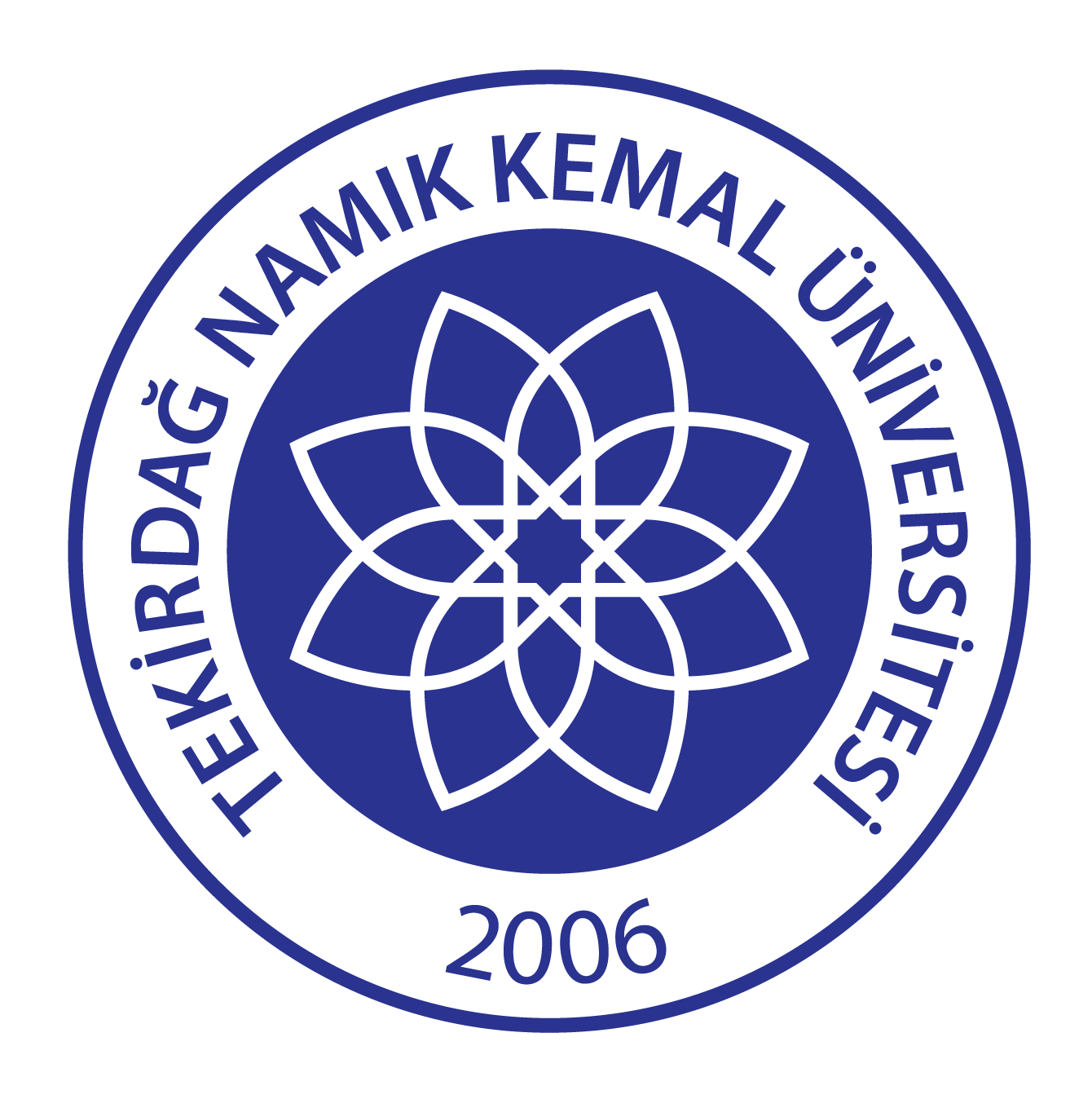


|
 |
Course Description and Application Information Form |
 |
|
|
|
| |
|
|
| |
Prerequisite Courses
(Recommendation) |
|
| Type of Course Unit |
Required |
| Level of Course Unit |
First Cycle
|
| Course Language |
Turkish |
| Lecturers |
|
| Course Objectives |
The aim of the course is to teach derivatives and differential, intagrasyon solutions, concepts of value, area, arc length, matrices, determinants and systems of linear equations which are required for engineering mathamatics, and to give to the students the ability to use these their branch courses. |
| Learning Outcomes of the Course |
|
| Course Content |
The course contain the information about derivatives and differential, chain rule, implicit differentiation, maximum, minimum and mean value theorem, the concept and methods of integration, area, arc length, volume calculations of solids of revolution, matrix, determinant and the linear equation systems. |
| Preliminary Weekly, Teaching Methods and Techniques/Preliminary Preparation Resources |
|
| Readings / Lecture Notes |
1) Ross, K. A., Elementary Analyis, the theory of Calculus, Springer-Verlag, New York,1980. 2) Silverman, R., Calculus with Analytic Geometry, Prentice-Hall, New Jersey, 1985. 3) Fridy, J. A., Introductory Analysis, the theory of Calculus, HBJ Publishers, Academic Press, 1987 4)Halilov H., Hasanoğlu A., Can M., Yüksek Matematik I, Tek Değişkenli Fonksiyon Analizi |
| Resources / Other Resources |
|
| Sharing materials / Documents |
|
| Sharing materials / Homework |
|
| Sharing materials / Exams |
It will be announced at the beginning of the semester on WEB |
| Rating System |
|
| Course Category |
Support courses |
| Program Competencies |
|
| Learning Outcomes Course Competencies of Relationship Between Program |
|
|
| AKTS(ECTS) / Work Load Table |
|